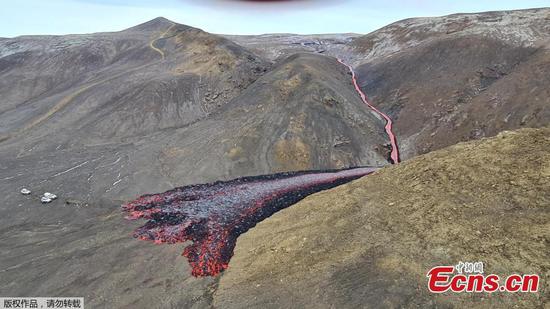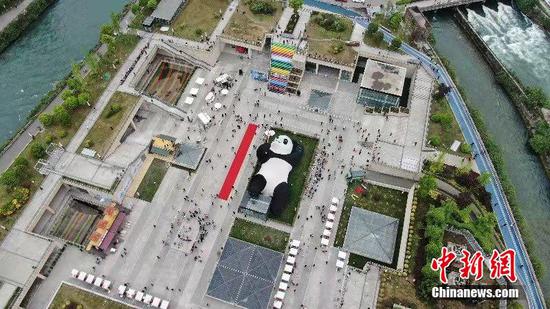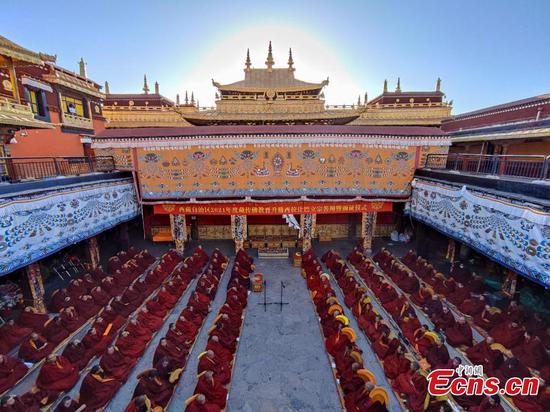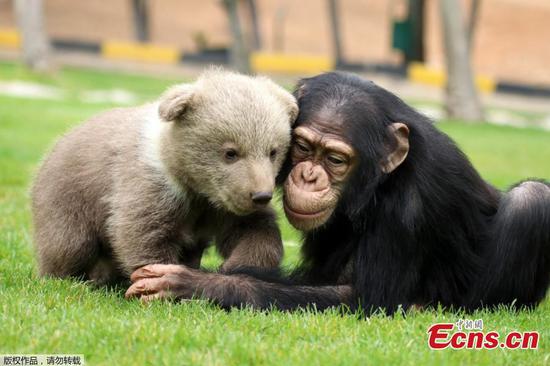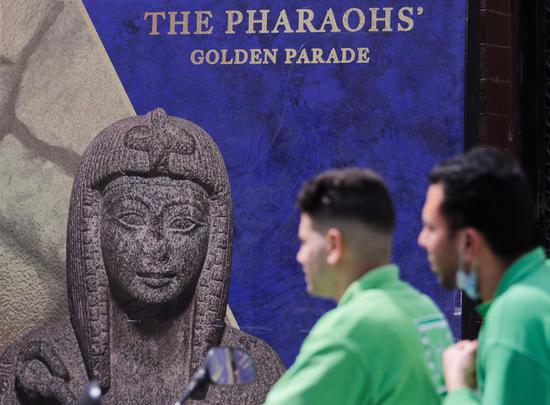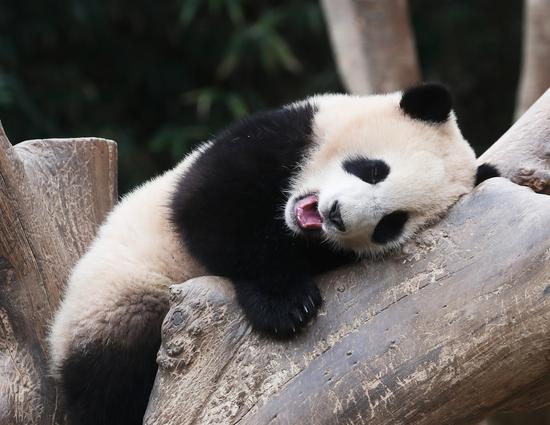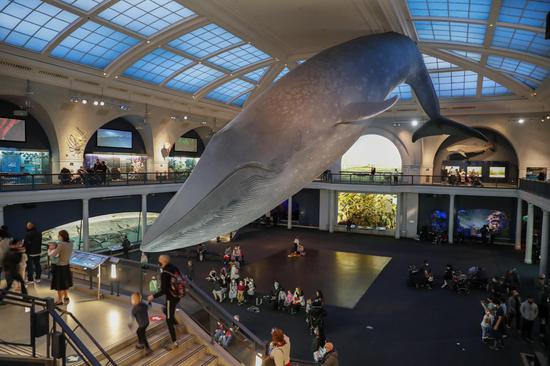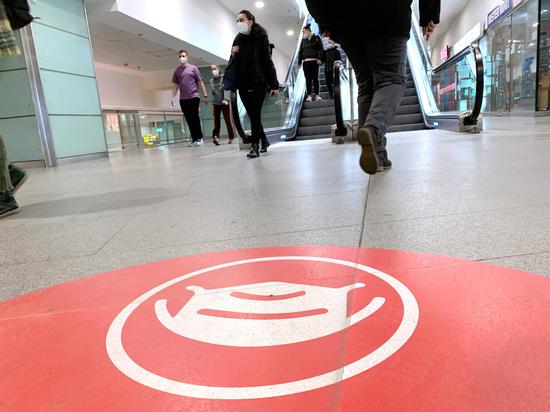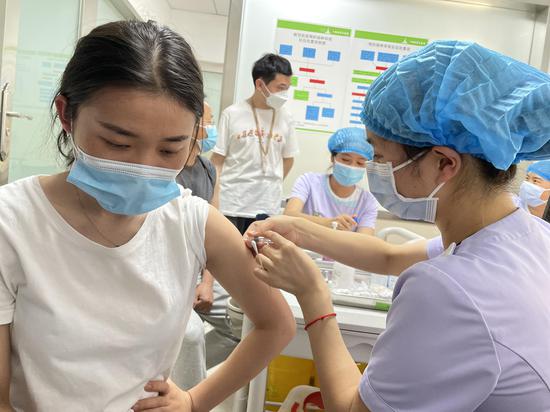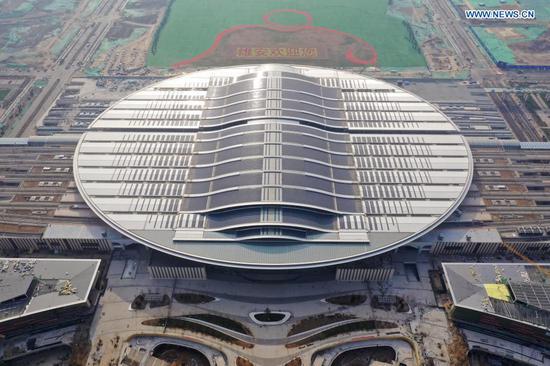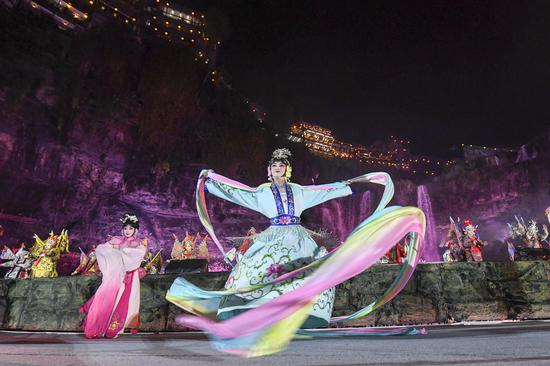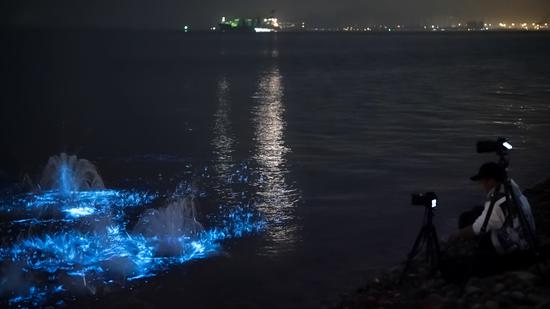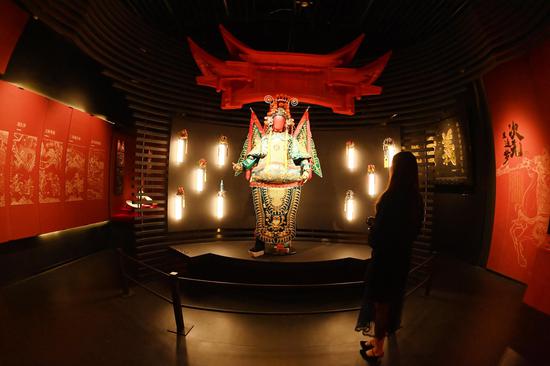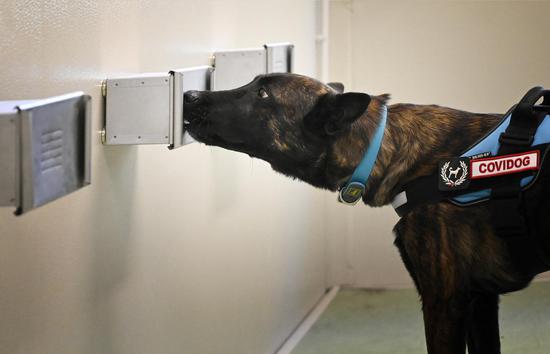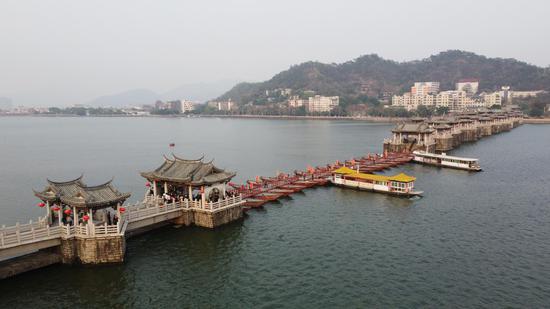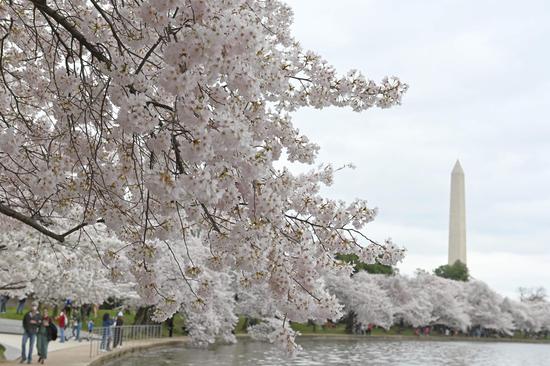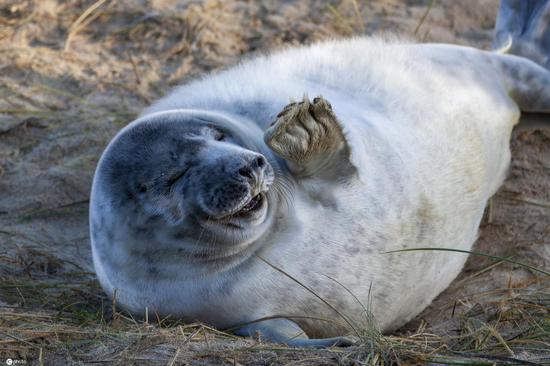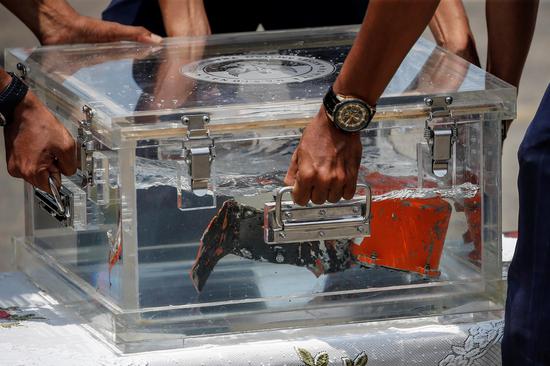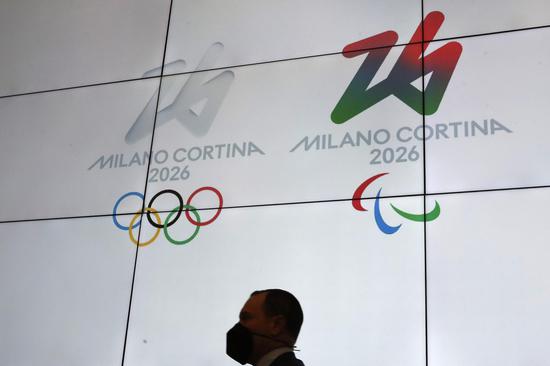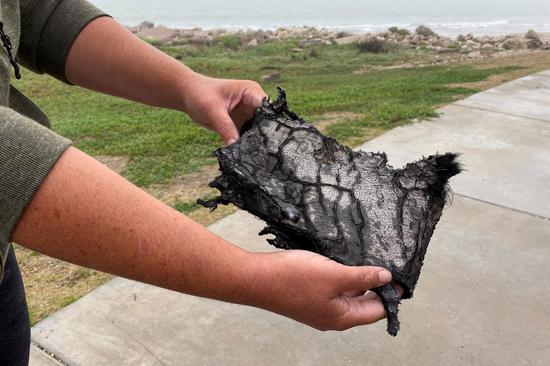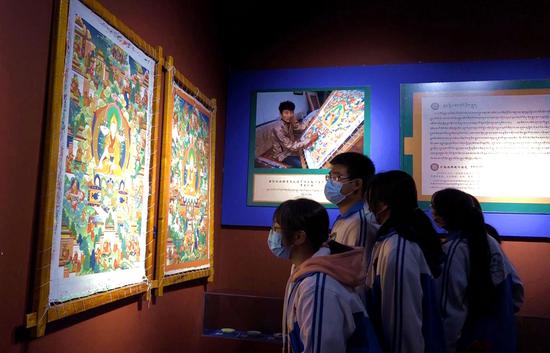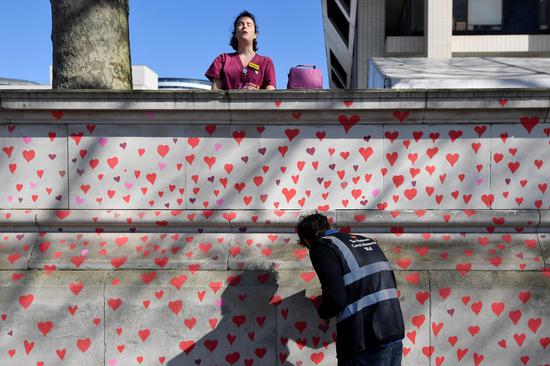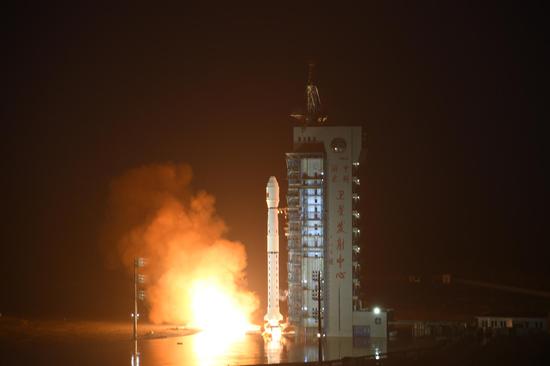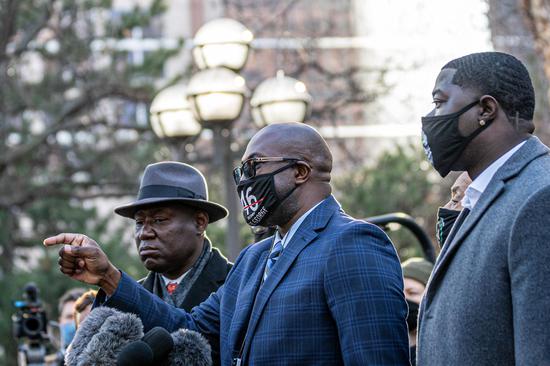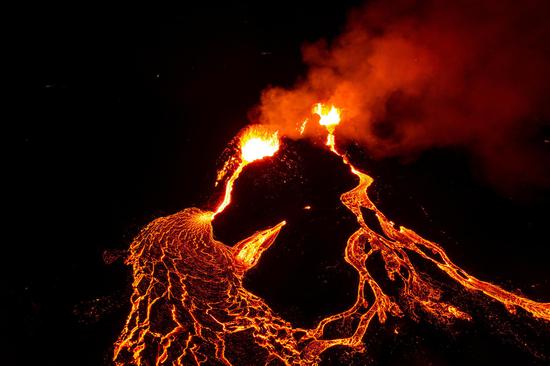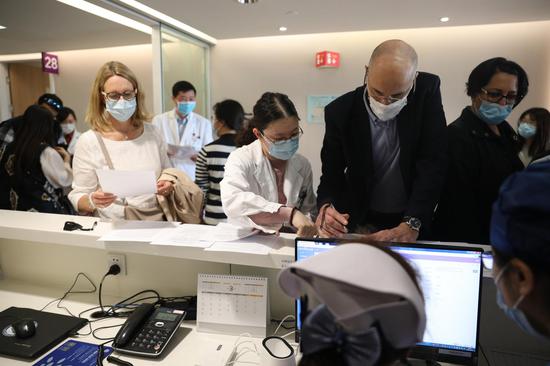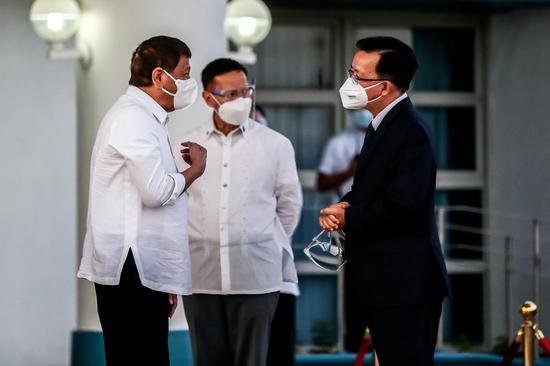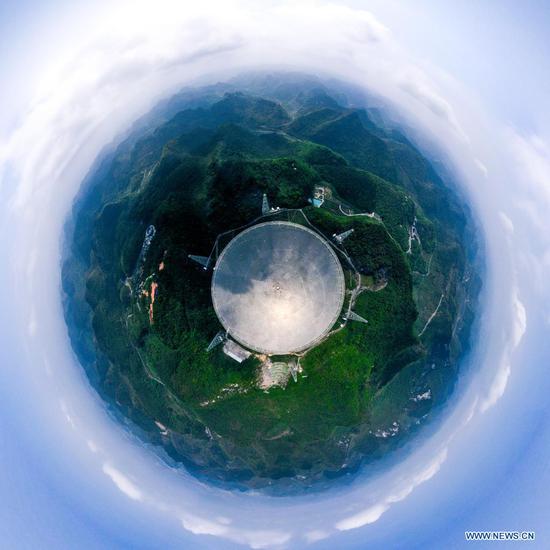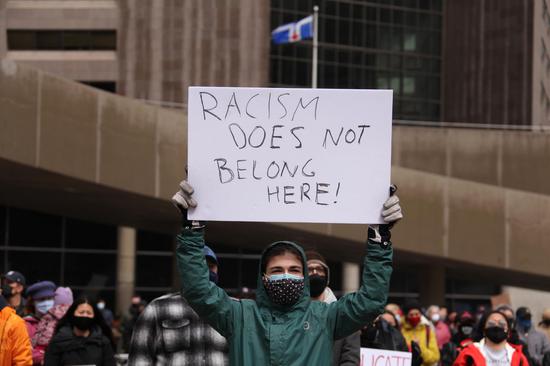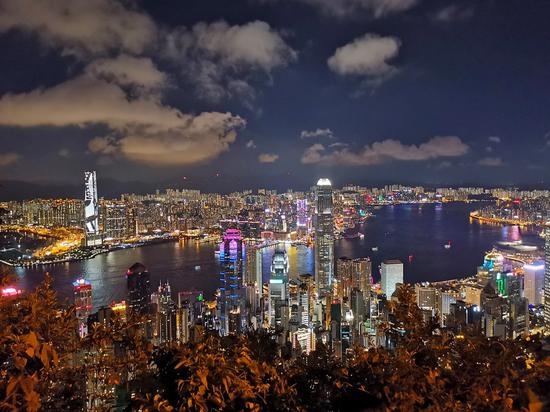
Photo taken with a phone shows a view by the Victoria Harbor in Hong Kong, south China, June 20, 2020. (Xinhua/Li Gang)
By alleging that Hong Kong's elections "will not produce meaningful democratic results" on April Fool's Day, U.S. consul-general Hanscom Smith actually made a fool of himself.
With Hong Kong as a special administrative region of China, it is the people living here that have the final say on the results of elections. There is no room for the United States to meddle in Hong Kong affairs, let alone a politician of its agency that should have focused on providing visas and consular services to its citizens.
The adoption of legislative changes by China's top legislature on improving Hong Kong's electoral system is within its constitutional power and in line with global rules, which is also required for the enduring success of the implementation of "one country, two systems" in Hong Kong.
U.S. interference with sinister intentions will lead to nowhere.
Smith claimed that Hong Kong's elections "will be neither inclusive nor credible representations of the will of people in Hong Kong," which, coming as the latest slander of the "patriots administering Hong Kong" principle, exposed the U.S. sense of frustration that it can no longer appoint agents in Hong Kong by exploiting the electoral loopholes.
Here are some questions for Mr. Smith: does the United States allow "non-patriots" to become its president, congressmen, judges and civil servants? Did you take an oath of allegiance to the country or the Constitution of the United States when you took office as a diplomat? Can those colluding with foreign forces to create chaos assume positions of power in the United States?
The answers are obvious.
Some U.S. politicians are good at preaching freedom, democracy and human rights and hyping up legal cases of Jimmy Lai Chee-ying and other instigators of Hong Kong riots. But they have neither expressed concern for the Hong Kong people who suffered injuries and even died in unrest nor showed indignation over the vandalism and violence by rioters and over the defiance of the rule of law.
In their view, Hong Kong rioters were "peaceful protesters" but U.S. anti-government protesters were "terrorists." Police brutality only occurs in Hong Kong and U.S. police just use proper force. They labelled Hong Kong's independent legal trials as "white terror" but ruthlessly chased down protesters storming the Capitol Hill.
Such open hypocrisy and double standards are shameful.
During the 46th regular session of the United Nations Human Rights Council, 71 countries including Belarus voiced their support for China's righteous stance and measures over Hong Kong affairs, while representatives from 116 countries and international organizations reviewed the human rights situation in the United States and made 347 recommendations on improving its human rights.
What on earth does the improved electoral system mean for Hong Kong? Common people have already given their answer: more than 2.38 million signatures collected in support of the improvement and a survey showing that some 70 percent residents believe the improved electoral system brightens Hong Kong's prospects.
Dismissing the voice of Hong Kong people, some U.S. politicians threatened to adopt "all available options," which showed how arrogant and overbearing they could be and revealed their evil intentions of destabilizing Hong Kong and containing China's development.
The interference in Hong Kong affairs, which are part of China's internal affairs, is based on power politics and hegemonism and will encounter a strong backlash from the Chinese people, including Hong Kong patriots; it is thus doomed to failure.









